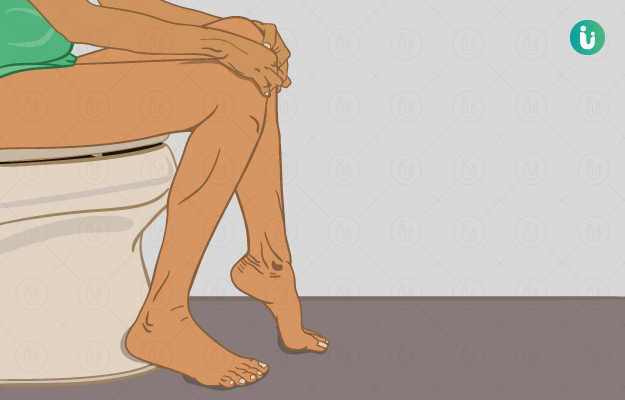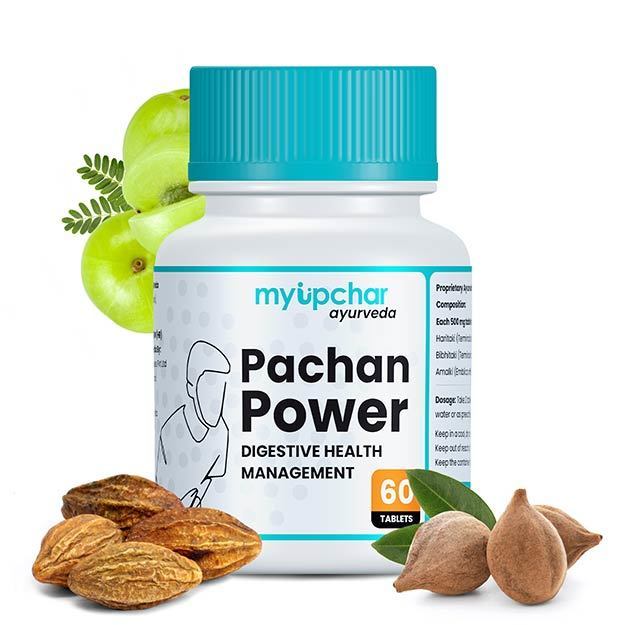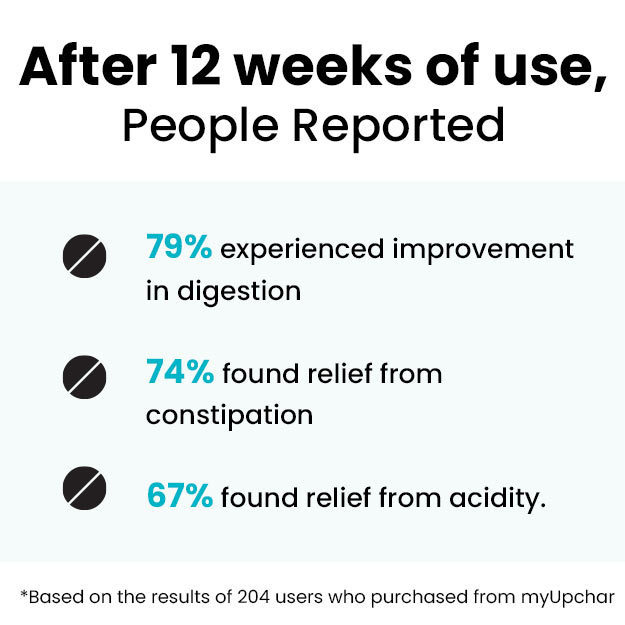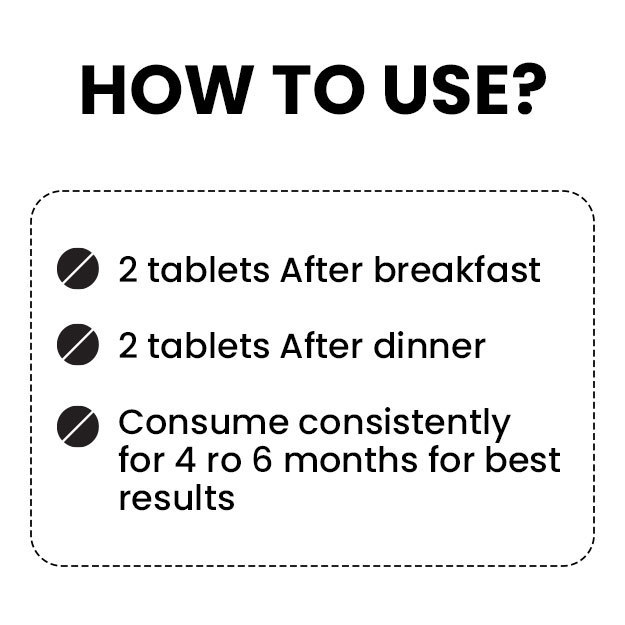What is a Stool Routine test?
Stool routine test, also called a faecal test, involves the analysis of a stool (faeces) sample, which provides valuable data about stomach, intestine and other parts of the gastrointestinal system. It helps in identifying the presence or absence of diseases of the digestive tract including bowel cancer; infections due to bacteria, parasites and virus; and malabsorption of nutrients.
Stool samples are tested on the basis of the information required from the test.
- Faecal occult blood test (FOBT) is done to diagnose the presence of blood in stool sample, which may be an indication of bowel cancer. However, more tests are needed in combination with FOBT to confirm the diagnosis of bowel cancer.
- Stool culture is performed to identify the presence of unwanted and harmful bacteria in the gastrointestinal tract.























